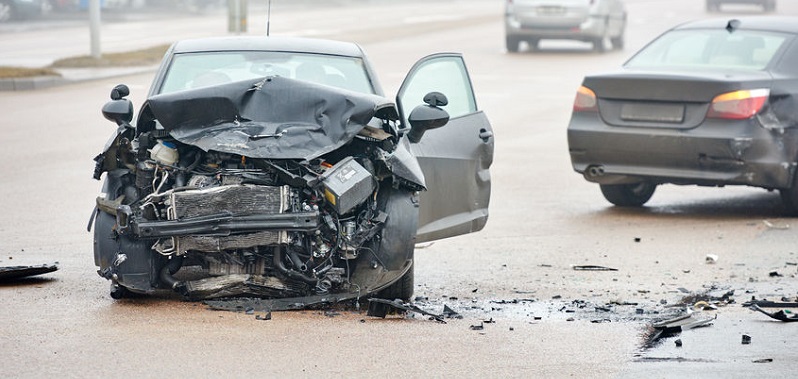In 2016, 115 drivers in fatal Colorado auto accidents tested positive for marijuana. In 71 of those cases, officials say tests showed that the use of marijuana occurred within hours of the accident.
Dealing with the Epidemic of Car Accidents Involving Drugged Driving
A new safety initiative will launch on March 15 that aims to start an intense dialogue as a means of developing new tools or approaches to fighting drugged driving. Key stakeholders, such as state and local officials, data and policy experts, and toxicologists and drug recognition experts, will meet to discuss the growing issue Driving Under the Influence of Drugs, also known as DUID.
Even Over-the-Counter Drugs Can Pose a Danger
The agency behind the new DUID summit is the National Highway Traffic Safety Administration (NHTSA). As the agency’s Deputy Administrator, Heidi King, noted:
“Nobody can solve drugged driving alone, but by sharing best practices we can begin to save lives today – we cannot afford to wait. By advancing the science and the data, we can address this problem for our communities in the future.”
DUID was the focus of a 2015 study conducted by the Governors Highway Safety Association and Foundation. The results were eye-opening then, and sadly, the problem has grown worse. It found that in 43 percent of fatal auto accidents, illegal and prescription drugs were present in those killed. According to the study, that percentage was higher than those killed due to the use of alcohol, and that has officials concerned. Obviously, driving under the influence of alcohol or drugs is extremely dangerous, but what makes the drug issue even more troubling is that a lot of prescription medications can cause a driver to become impaired.
And worse, some prescription medications, when mixed with even a small amount of alcohol, can dramatically increase the risk of driving impaired. This safety issue has become so serious that the Food and Drug Administration (FDA) has done extensive research and now lists medications, even over-the-counter (OTC) drugs, that should be avoided if you are going to drive. A few of these medications include:
- Prescriptions for anxiety and some antidepressants
- Any medication containing codeine
- Tranquilizers
- Pain medications
- Diet pills, especially those containing stimulants
And as noted, it’s not just doctor-prescribed medications that can create a serious situation if you are driving. OTC medications, such as antihistamines or pills to fight nausea should be taken with caution if you plan on driving. The reason officials are so concerned is that some of these pills can cause severe drowsiness, blurred vision, disrupt your ability to concentrate and can even cause someone to faint; none of those reactions are safe if this happens while you are driving.
Colorado, Marijuana-Involved Auto Accidents on the Rise
The Denver Post, using analysis from the coroner’s office, noted that last year fatal Colorado car accidents involving drivers who tested positive for marijuana have been on the rise since 2013. Keep in mind, in late 2012, Colorado residents approved Amendment 64, which legalized recreational use of cannabis for adults 21 and older. A few statistics that stood out in the paper’s research:
- In 2013, 10 percent of those killed in vehicle crashes tested positive for marijuana. In 2016, 20 percent of fatal crashes involved a driver using pot.
- In 2016, 115 drivers in fatal accidents tested positive for marijuana. In 71 of those cases, officials say tests showed that the use of marijuana occurred within hours of the accident.
It’s these statistics and others that are cause for concern when it comes to vehicle safety, and that’s why on March 15, federal authorities will begin a national dialogue on the issue of DUID involving both the use of prescribed medications and illegal drugs.

